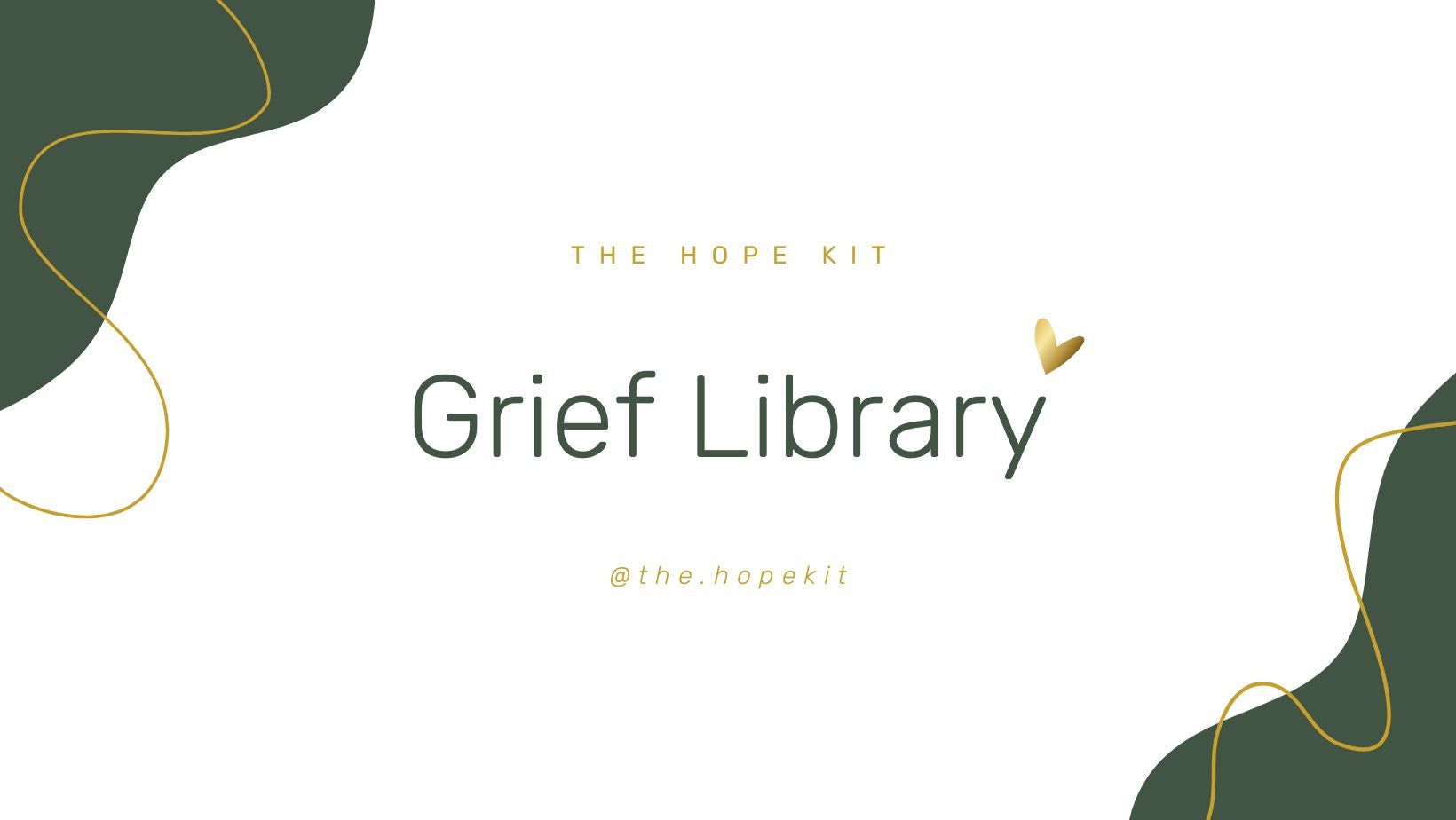"Helping Loved Ones Heal: Tips for Funeral Directors, Hospice Workers, and Grief Counselors"
Here at the hope kit we care about helping people not suffer alone, amongst our conversations with Widows and families who have lost a loved one we’ve discovered something we think will help all funeral homes and hospices.
Research suggests that the most effective and research-based help and support for individuals and families who have lost a loved one includes:
- Providing a safe and supportive space for loved ones to express their emotions: It is essential for funeral directors, hospice workers, and grief counselors to listen actively, offer comfort and reassurance, and be present with the person in their grief.
- Recognizing that everyone grieves differently: These professionals need to understand and respect the unique way each person suffers and not try to rush the grieving process or force someone to "move on."
- Offering practical assistance: This can include helping with tasks such as managing financial affairs, coordinating the funeral or memorial service, or providing information about legal and practical matters related to the death of a loved one.
- Providing resources and information about grief and coping with loss: This can include information about support groups, therapy options, and other resources that may be helpful during the grieving process.
- Encouraging self-care: It is essential to encourage loved ones to take care of themselves physically and emotionally during this difficult time.
- Hope Kit: A therapeutic kit created and designed by a therapist to walk you through the grief and loss process. It allows you to get the emotional support you need as you create your support team around you. https://hopekit.com/
- Offering ongoing support: Grief is a long process, and these professionals must be available to provide support for as long as necessary.
- Guiding coping with holidays and special occasions: Losing a loved one can make holidays and special occasions especially difficult. These professionals can offer guidance on navigating these times and finding ways to remember and honor the loved one who has died.
- Helping loved ones to find meaning in their loss: It can be helpful for loved ones to find ways to make meaning out of their loss, whether through memorializing their loved one or finding ways to honor their memory. These professionals can offer guidance on how to do this.
- Offering support for children: Children may grieve differently than adults and may need additional support and guidance. It can be helpful for these professionals to provide resources and support specifically for children who have lost a loved one.
- Providing support for those grieving from a distance: For loved ones who cannot be present with the person in grief, it can be challenging to provide support. These professionals can offer guidance on supporting someone from a distance and provide resources for virtual support.
By providing these types of support, funeral directors, hospice workers, and grief counselors can help individuals and families cope with their loss and find ways to navigate the grieving process.
"The opposite of Grief is Connection" Let's heal together.
"The Hope Team




